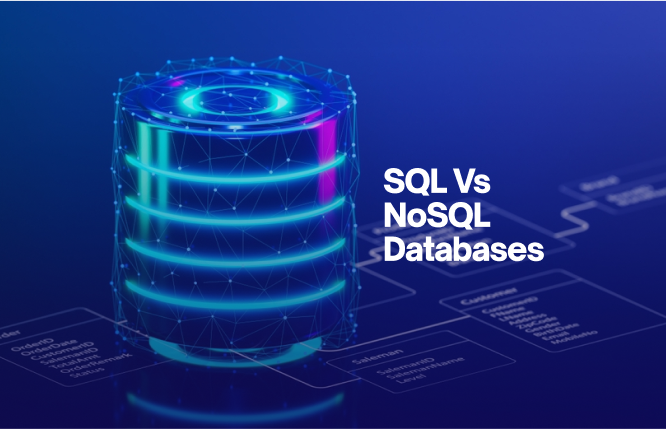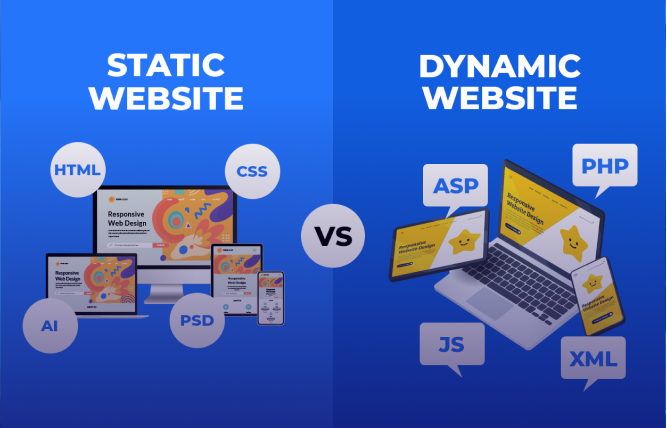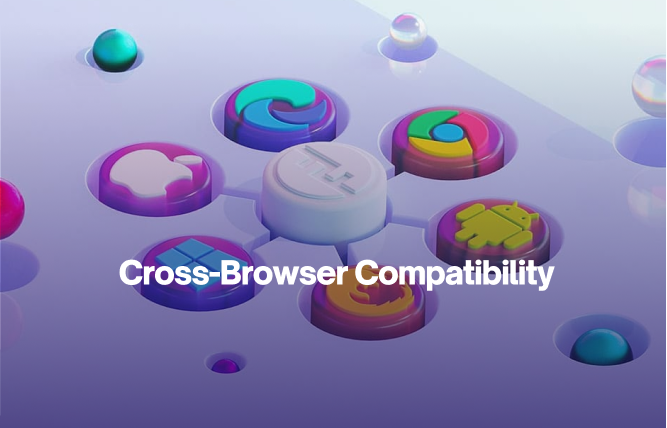Introduction
This blog explains SQL vs NoSQL databases, their differences, use cases, and pros and cons, and helps you decide which is better for your project.
Any system that stores data relies on databases. Whether you are building a human resource database management system or planning to build large-scale applications with microservices design and development, making the right choice for the database structure is crucial.
Most businesses use SQL (Structured Query Language) or NoSQL (Not Only SQL) databases and bases, and each of these serves different purposes. Both have their own benefits and reasons to be a good fit. In this blog, we will look at the differences and help you choose the best for your project when you are working with Azure-managed service providers or cloud DevOps consulting services in Singapore.
What is SQL?
SQL databases handle structured data within a relational model. Data is organised in rows and tables, allowing for precise storage and querying. For decades, SQL databases have been stable and versatile, ideal for structured, stable data. They offer reliability through ACID compliance, which is essential for applications like financial systems or human resource database management systems.
What is NoSQL?
NoSQL databases offer flexibility and scalability. Unlike SQL databases, they don’t impose a fixed schema but store data in key-value, document, or graph formats. If you have unstructured data or data that changes over time, then NoSQL is your best friend. It is excellent for big data projects, real-time applications, and anything that needs to scale well. This makes it a perfect fit for microservices, as microservices are more conducive to arbitrary data types than a monolithic structure.
Key Differences Between SQL & NoSQL Databases
| Feature | SQL Databases | NoSQL Databases |
| Data Structure | Relational, structured (tables, rows) | Non-relational, flexible (documents, key-value) |
| Schema | Fixed schema | Dynamic schema |
| Scalability | Vertical scaling (add resources to a single server) | Horizontal scaling (add more servers) |
| Use Cases | Best for structured data, like finance or human resource management | Best for unstructured or evolving data, like social media or IoT |
| Query Language | SQL (standardised query language) | Varies (no standard query language) |
| ACID Compliance | Fully ACID compliant (ensures data accuracy and integrity) | Often not fully ACID compliant, but provides high availability and partition tolerance |
| Data Volume Handling | Handles moderate volumes of data effectively | Best for large, rapidly growing data sets |
By understanding these core differences, businesses can decide which type of database suits their needs. For example, if you are working with cloud DevOps consulting services or scaling systems through Azure managed service providers, NoSQL may be better suited to handle the dynamic and ever-growing data sets.
However, for structured systems, SQL databases remain a trusted choice.
Use Cases of SQL Databases
SQL databases are ideal for situations where data is structured, and relationships between data points are important. Here are some common use cases:
- Finance systems: SQL databases offer high accuracy and data consistency, making them perfect for managing financial transactions.
- Human resource database management systems: These systems require structured data to track employee information, payroll, and other essential records.
- E-commerce platforms: SQL databases efficiently handle orders, customers, and product information in a well-organised manner.
SQL is best when data integrity and precision are crucial, as it relies on structured tables and predefined schemas.
Use Cases of NoSQL Databases
NoSQL databases shine when dealing with large amounts of unstructured or semi-structured data, which is increasingly common in modern applications. Typical use cases include:
- Big data applications: NoSQL is often used in data-heavy environments like social media platforms, where data types vary constantly.
- Microservices design and development: Since microservices break down large applications into smaller services, NoSQL databases handle different types of data efficiently across these independent units.
- Cloud DevOps consulting services: NoSQL is the best if you have complex systems that require high scalability and quick access to data across multiple cloud environments.
NoSQL is often the go-to solution when you require flexibility, scalability, and high-speed data operations.
Pros & Cons of SQL Databases
| Pros | Cons |
Structured data with defined relationships | Limited scalability (mostly vertical scaling) |
Strong data integrity and consistency (ACID compliance) | Less efficient with unstructured data |
Established technology, widely supported | Rigid schema can make changes difficult |
SQL databases offer stability and structure, but they may not be the best fit for rapidly evolving data requirements.
Pros & Cons of NoSQL Databases
| Pros | Cons |
Highly scalable (horizontal scaling) | Data consistency can be weaker than SQL |
Flexibility with schema-less design | Lack of standard query language like SQL |
Great for handling large, unstructured datasets | May require additional effort for complex queries |
NoSQL databases provide flexibility and performance in unstructured environments but may not deliver the same level of data integrity as SQL.
How FuturByte can Help You
At FuturByte, we understand the technical needs of modern businesses. Whether you are looking to scale with cloud solutions consultants, optimise with Azure managed service providers, or manage multiple services with cloud DevOps consulting services, we can guide you in choosing and managing the right database solution. Our experience spans both SQL and NoSQL Databases, ensuring you get the best fit for your business goals.
Conclusion
The decision to use SQL or NoSQL databases depends on the type of data you have and your project’s needs. For environments like human resource management or finance, SQL offers reliability and structure, making it the right choice. In contrast, for dynamic, large-scale applications, NoSQL provides greater flexibility. It can help your project adapt easily and remain efficient, whether you are using a conventional database model or transitioning to cloud-based services.
Frequently Asked Questions
SQL databases are relational and use structured data in tables. They have predefined schemas, while NoSQL databases are non-relational and store unstructured or semi-structured data with flexible schemas.
SQL databases are usually better for a human resource database management system because they handle structured data and maintain data consistency, making them ideal for organised employee records and payroll data.
Yes, NoSQL databases are well-suited for microservices design and development because they offer flexibility, scalability, and the ability to handle diverse data formats across independent services.
Cloud DevOps consulting services benefit from SQL databases for structured data management and from NoSQL databases for scalability and fast performance in handling unstructured data across cloud environments.
You should choose SQL if your project requires structured data, strong relationships between data points, and high consistency, such as finance systems or human resource databases. NoSQL is better for projects with large, unstructured data and dynamic schema requirements, like real-time web applications.
Have questions or feedback?
Get in touch with us and we‘l get back to you and help as soon as we can!




